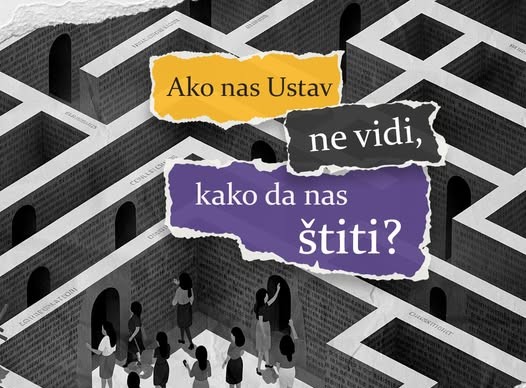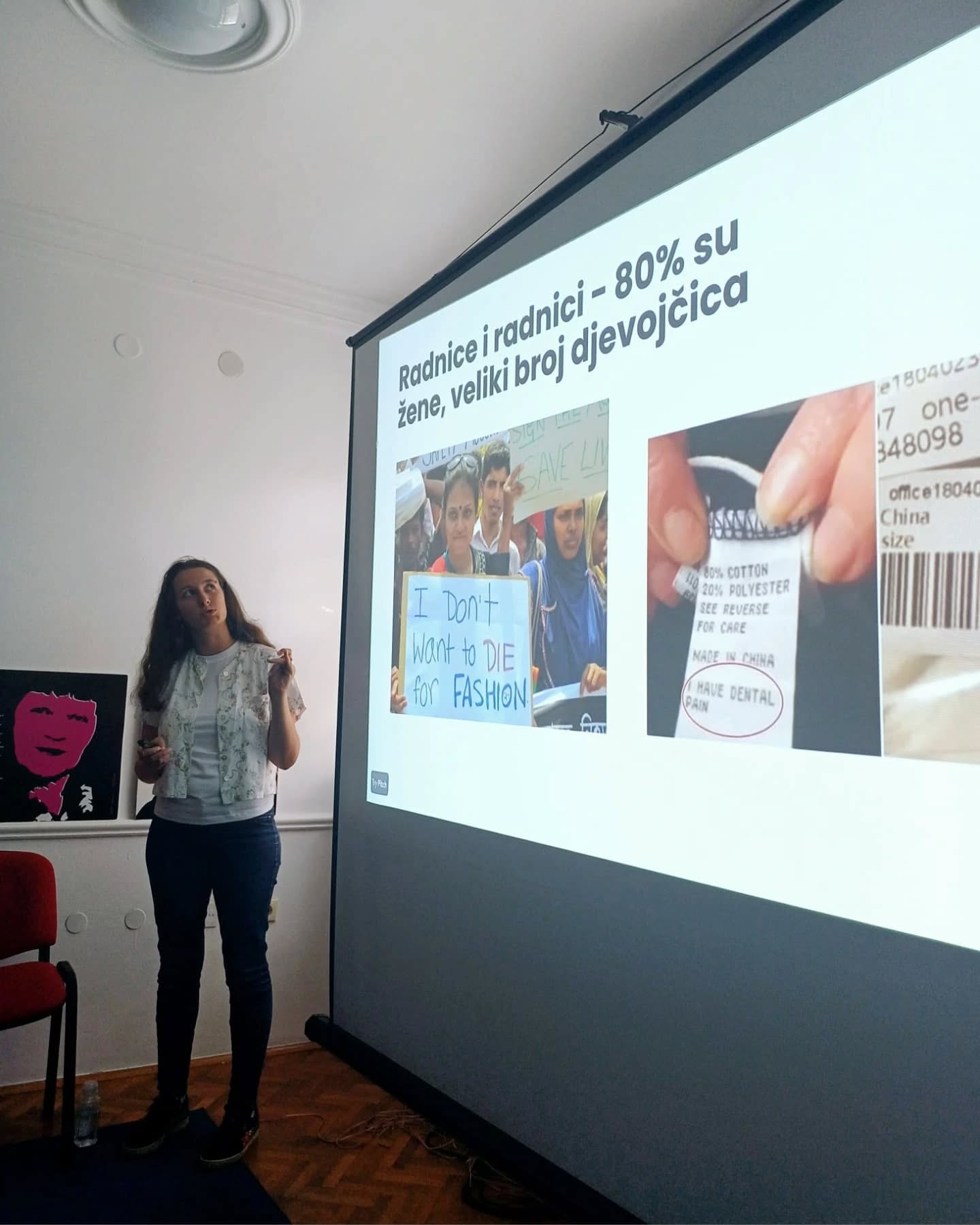Professionally prepared and implemented internal acts are certainly among the most important items for a civil society organization to function as an even more responsible organization, and they are not just a formality, but a key tool for successful and clear management and achievement of the mission and goals.
Thus, the Helsinki Citizens’ Assembly (HCA) Banja Luka, thanks to the Core Grant, which it received for the first time, strengthened or expanded its internal acts by updating existing ones or introducing new, very important documents.
This was made possible thanks to the SMART Balkan project, which is financially supported by the Ministry of Foreign Affairs of the Kingdom of Norway, and within which a Core Grant was awarded, i.e. a basic grant, one of the goals of which is to strengthen the capacities of the organization and staff.
“The documents I have prepared represent a wide range of internal acts that regulate important organizational and working relationships within the Helsinki Citizens’ Assembly Banja Luka. Among them is the Labor Rules, which describe in detail the specifics and concretizations of labor law applicable within our organization. This rulebook covers basic rights, obligations, and protections at work, including topics such as, among others, employment contracts, salary rights, severance pay, overtime policy, and opportunities for professional development”, says Filip Novaković, in-house lawyer at the Helsinki Citizens’ Assembly Banja Luka.

Another important document is the Anti-Corruption Policy, which aims to prevent, detect and resolve cases of potential corruption.
“This policy establishes a structured procedure for reporting corruption, with clearly defined protocols for accountability and transparency. Similarly, the Conflict of Interest Rules represents a proactive approach, defining guidelines for ensuring impartiality and preventing the influence of personal interests on organizational decisions. We have also introduced regulations for user protection, which protect the users of our services from exploitation or unfair treatment by staff. Given our commitment to social responsibility and human rights, this rulebook confirms our focus on adhering to ethical standards for all involved. In addition, the Labor Rules clarifies the working arrangements specific to our non-profit nature. As our organization does not seek to create profit, we must align the budget with fair compensation, benefits and allowances for professional growth, making this policy key to consistent and transparent work practices”, states legal expert Filip Novaković.
According to Aleksandar Žolja, Executive Director of the Helsinki Citizens’ Assembly Banja Luka, other important documents include the Official Travel Regulations, which outline policies on travel expenses for official assignments outside the organization’s headquarters, the Membership Regulations, which define the requirements and expectations for members of the organization, as well as the admission process for new members, and the Rules of Procedure of the Assembly, which regulate the structure, conduct and decisions of assembly meetings, as well as other internal regulations.
“In a non-government organization like ours, transparency, accountability and ethical behavior are of the utmost importance. These internal regulations confirm our commitment to these values and demonstrate that we adhere to rigorous standards”, says Aleksandar Žolja.
According to Filip Novaković, by formalizing procedures for combating corruption and resolving conflicts of interest, we not only protect the integrity of our work but also reassure our stakeholders (donors) that we are reliable guardians of their support.
“A user protection policy is also invaluable because it emphasizes the well-being of the users of our services and strengthens the protective framework that ensures that our employees act ethically and supportively towards users. These documents help prevent problems of power imbalance and exploitation, which can sometimes arise in service-based organizations. All together, these policies represent a foundation that strengthens our internal structure, improves organizational cohesion and ultimately builds our credibility with partners, donors and the public”, says Filip Novaković, legal expert.
Working on these internal documents was an engaging and educational experience for the legal team at HCA.
“As a legal expert, standardization and formulation of clear regulations are particularly fulfilling for me, and this project allowed me to direct those interests towards practical outcomes. The development of these policies involved analyzing various legal and organizational standards and adapting them into policies that reflect our values and goals. This process required a balanced approach, as I had to ensure that the policies were not only legally sound, but also sensitive to the operational realities of the nonprofit organization”, says legal expert Filip Novaković.
The experience was also educational, highlighting areas where skills in drafting organizational policies and internal acts can be further improved.
“This experience will significantly contribute to my future work, as it has deepened my understanding of organizational management and the complexity of creating internal acts that are in line with legal requirements and the unique mission of the organization”, says Filip Novaković.
Grants like this one, as part of the SMART Balkan project, financially supported by the Ministry of Foreign Affairs of the Kingdom of Norway, are intended for civil society organizations that have achieved significant impact in the areas of security and stability and/or management and have the potential for even greater impact in the community, which HCA undoubtedly has.
Photo (cover): Pixabay





